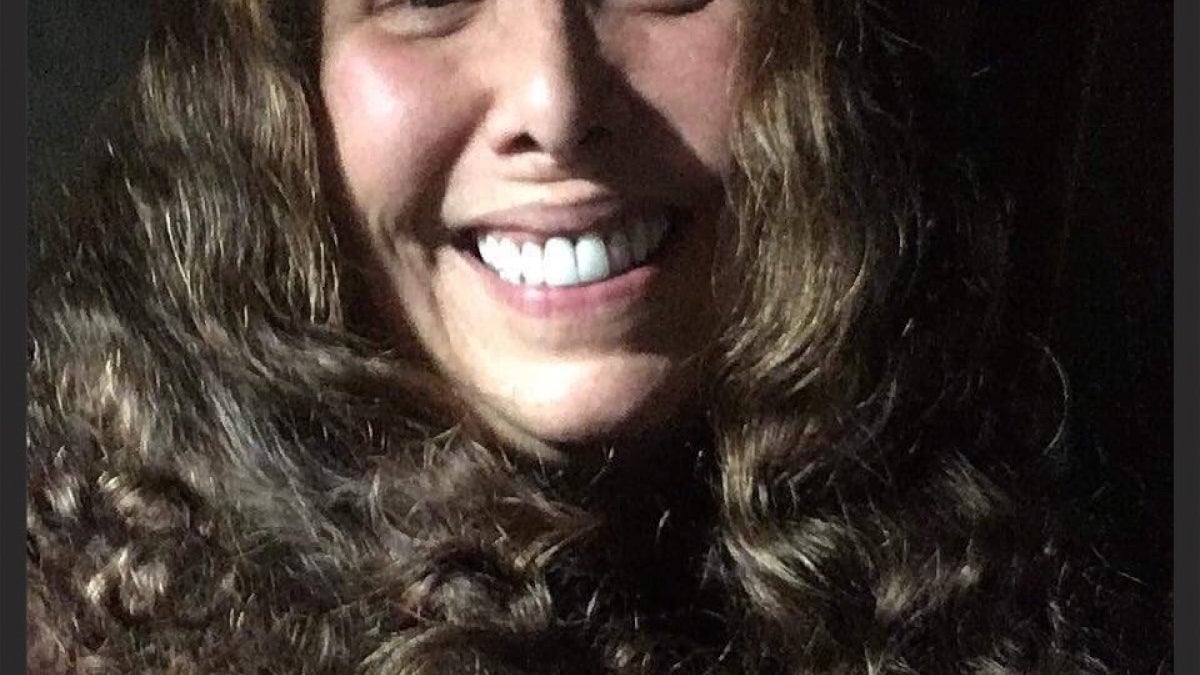Editor’s note: This is part of a series of profiles for spring 2019 commencement.
Schooled in music, Carol Mas skipped college to travel the world pursuing her musical passions. A triple threat; singer, songwriter and guitar player, Mas was living her dream.
In 2002, after decades in the industry and years on the road, Mas found herself needed at home. She would first become her aunt’s caregiver then later her mother’s, both were living with Alzheimer’s Disease.
During her musical hiatus, Mas said she developed pain in her hands.
“I started having problems with arthritis and went on disability and was very unhappy because I’m not one to sit idly by and let time just roll on,” Mas said.
Hoping to help her get out of her funk, Mas’s husband suggested she “go to college.” By this point, they were living in Pearce, Arizona. So she started looking into programs and came across the Edson College of Nursing and Health Innovation’s Bachelor of Science in integrative health.
“I’ve always had an interest in health but from a holistic point of view,” Mas said.
With no previous college credits, Mas enrolled in Cochise Community College to earn the prerequisites needed to transfer to the baccalaureate program at Edson College. It’s an experience that changed her.
“By the time I was enrolled at ASU I was like a different person. I never thought I would be attending college and much less attending it online and it wasn’t as tricky as I thought it would be. It came naturally for me.”
Now, at 63, Mas is preparing to graduate with her bachelor’s degree.
“When I was younger, I remember my mom giving me a picture of her father, my grandfather, graduating from law school when he was 72! So I always had this picture and thought 'Wow, he looked so proud and what a wonderful thing to not stop growing.' I might have problems with my hands but I’ve done it. You’re never too told to go to college.”
Her passion for learning and her dedication to the program helped her earn the distinction of Outstanding Graduate. We spoke with Mas about her time at ASU and her plans for after graduation.
Question: What’s something you learned while at ASU — in the classroom or otherwise — that surprised you, that changed your perspective?
Answer: The most profound change for me is in the way I see myself. I have much more self-confidence than when I first started school. For me, getting a degree was the missing piece in my life. I now feel qualified to speak about a number of topics that I was always interested in, but never quite had the expertise to discuss. It’s a wonderful feeling of accomplishment and I am deeply proud of myself that I had the drive to persevere and finish my degree.
Q: Which professor taught you the most important lesson while at ASU?
A: There have been so many great professors and I have learned important lessons from each and every one of them. One professor that stands out to me is Dawn Augusta because she always had the most inspiring feedback to offer when grading assignments. She was very uplifting and made you want to aim higher.
Q: What’s the best piece of advice you’d give to those still in school?
A: Don’t drop out. It is worth the struggle to finish because there is no better feeling than to have stuck it out through the hard times. I once broke a cereal bowl during a chemistry assignment that I became particularly frustrated with. I was a sophomore and this marked a turning point for me in how I learned to handle my frustration. I never did anything like that again, but I will certainly think of it at graduation and the many steps forward I have taken since then.
Q: What are your plans after graduation?
A: Eventually, I would like to continue my education and earn a master’s degree in medical nutrition. After graduation, however, I would like to think of ways in which my education can help the people in my community. I am on the local elementary/middle school board. We are a very rural school district and I have some ideas around educating parents and children about nutrition, maybe offering lectures at the school or even cooking classes. I live in what is considered a food desert, so another idea I have is to perhaps start a food co-op or a community garden. Whatever I end up doing, I feel that it is important for me to serve my community in some way. These are the ways in which we can truly have an impact on the world around us, and make it a better place in which to live. It begins with us and then spreads out to those around us, like a ripple; one small action can generate a series of bigger ones, so we have a lot of responsibility in the way we chose to live our lives.
More Health and medicine
College of Health Solutions medical nutrition student aims to give back to her Navajo community
As Miss Navajo Nation, Amy N. Begaye worked to improve lives in her community by raising awareness about STEM education and…

Linguistics work could improve doctor-patient communications in Philippines, beyond
When Peter Torres traveled to Mapúa University in the Philippines over the summer, he was shocked to see a billboard promoting…

Turning data into knowledge: How Health Observatory at ASU aims to educate public
This is how David Engelthaler described his first couple of months on the job as executive director of the Health Observatory at…
